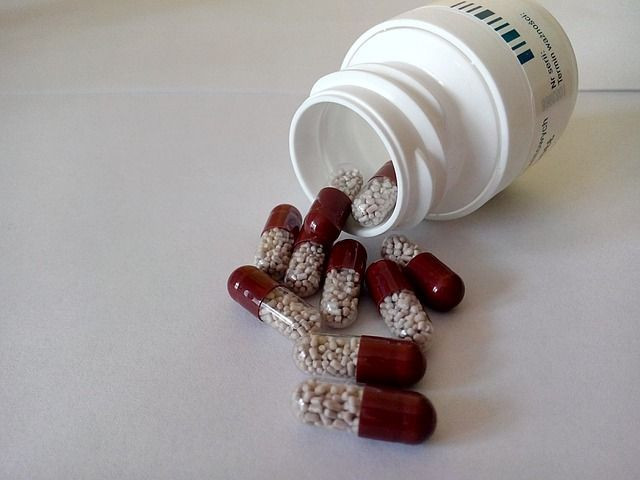60% Of Patients Hold On To Their Unused Prescription Painkillers; 20% Have Shared With Someone Else

The majority of patients prescribed opioid painkillers are reluctant to throw away their leftover pills, and a smaller percentage have shared them with friends and family, a new survey published Monday in JAMA Internal Medicine has revealed.
Researchers from Johns Hopkins University in Maryland conducted a nationally representative poll of 1,032 people who either were currently using or had in the past year used prescription opioids. Overall, 47 percent of the participants were still on their medication, of which 53 percent expected to have any unused pills afterwards and 32 percent planned to hold on to them. Of those who had already stopped using them, 61 percent ended up with extra pills, and 60 percent of this subgroup held on to them for future use. Additionally, only 7 percent of those with unused medicine had either returned them to a pharmacist or another trusted source of drug disposal.
“These painkillers are much riskier than has been understood and the volume of prescribing and use has contributed to an opioid epidemic in this country,” said lead author Dr. Alene Kennedy-Hendricks, a researcher at Johns Hopkins’ Bloomberg School of Public Health, in a statement. “It’s not clear why so many of our survey respondents reported having leftover medication, but it could be that they were prescribed more medication than they needed.”
Kennedy-Hendricks and her team also found that 20 percent of everyone polled had shared their medication with someone else at some point in their lives. That’s a particularly worrying figure in light of research showing that most people who report using opioids for unintended purposes acquire them from their closest friends and family. The reasons why they shared are distressing too, though, since more than 90 percent did so because their friend or family member was either actively in pain or couldn’t afford their own medication.
“The fact that people are sharing their leftover prescription painkillers at such high rates is a big concern,” said senior study author Dr. Colleen L. Barry, director of the Bloomberg School’s Center for Mental Health and Addiction Policy Research. “It’s fine to give a friend a Tylenol if they’re having pain but it’s not fine to give your OxyContin to someone without a prescription.”
The study’s findings come in the wake of a dedicated effort by public health organizations like the Centers for Disease Control and Prevention (CDC) to discourage people from using prescription opioids for too long, in hopes of forestalling addiction . Last March, the CDC issued a wide array of voluntary prescribing guidelines aimed at limiting the duration of opioid use for chronic pain patients, save for circumstances like cancer or end-of-life treatment.
And while the poll was conducted in 2015, prior to these guidelines, Kennedy-Hendricks notes that doctors and pharmacists can still take away important lessons about how they communicate with their patients. Fewer than half of the participants reported receiving any information on how to properly store or dispose of their medication. And only 20 percent kept their pills in a location secured by a lock or latch.
“We don’t make it easy for people to get rid of these medications,” she said. “We need to do a better job so that we can reduce the risks not only to patients but to their family members.”
Source: Kennedy-Hendricks A, Gielen A, McDonald E, et al. Medication Sharing, Storage, and Disposal Practices for Opioid Medications Among US Adults. JAMA Internal Medicine. 2016.



























